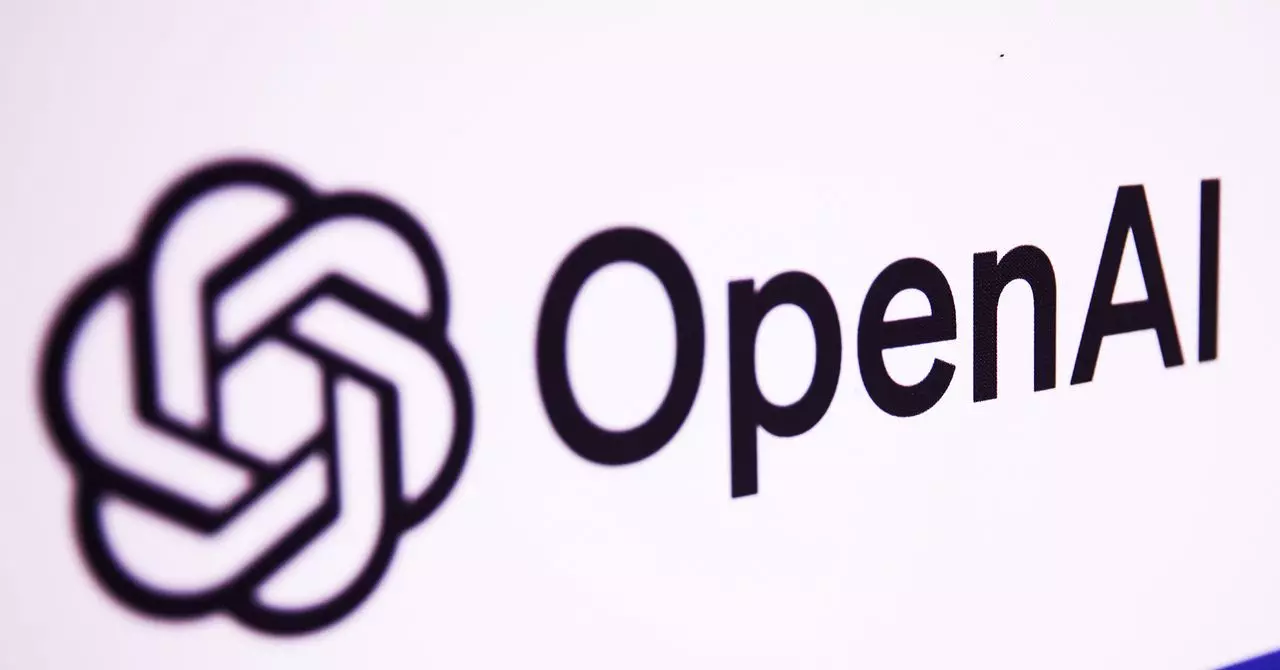In recent weeks, the ongoing battle for supremacy in artificial intelligence research has escalated from tech innovation rivalry to an intense war over human capital. OpenAI, a pioneer in generative AI and one of the most influential organizations in the field, has found itself locked in an existential struggle to retain its top researchers amid a relentless recruitment offensive by Meta’s superintelligence division. This conflict isn’t merely about cash or perks—it reflects how critical and strategic AI expertise has become to the future ambitions of Silicon Valley giants.
OpenAI’s Emotional and Strategic Response
Mark Chen, OpenAI’s chief research officer, didn’t mince words in his recent internal memo addressing the situation. He conveyed a disturbing sense of violation, comparing Meta’s recruitment of several senior researchers to a home invasion. This raw expression of frustration underscores how deeply personal and high-stakes the competition for AI talent has become. But Chen also stressed that OpenAI has not been passive. In collaboration with CEO Sam Altman, the leadership has been working tirelessly to counter Meta’s offers not just with more aggressive compensation packages, but also by exploring creative ways to acknowledge and reward their researchers.
Chen’s promise to fight to retain talent “without compromising fairness” reveals an important tension within this battle. While the instinct to counterbid financially is strong, OpenAI’s leadership is clearly wary of sparking a bidding war that could distort the company’s culture or lead to inequities among employees. This balancing act highlights a philosophical difference in how OpenAI frames its employer brand—one rooted in fairness and mission-driven cohesion, rather than purely market-driven incentives.
Meta’s Aggressive and Bold Tactics
Mark Zuckerberg’s Meta has adopted an aggressively acquisitive stance, deploying enormous signing bonuses—some reportedly reaching $100 million—to lure away elite scientists. This staggering figure, confirmed by insiders and OpenAI executives alike, reflects Meta’s determination and deep pockets. Beyond financial overtures, Zuckerberg himself has been personally involved in courting researchers, indicating that Meta views AI talent acquisition as a strategic mission on par with product innovation.
Meta’s recruitment strategy is far from subtle coercion; insiders reveal that the company is persistent, sometimes overly so, pressuring researchers with “exploding offers” that attempt to force quick decisions. Nonetheless, OpenAI employees have been counseled to stand firm against such pressure tactics, which can be disruptive when individuals are forced to make potentially career-defining choices under stress.
The Broader Implications for AI Research and Corporate Culture
This tug-of-war for talent shines a spotlight on a deeper cultural clash within the AI research ecosystem. Meta’s willingness to let compensation “skyrocket” for top candidates speaks to a more traditional Silicon Valley playbook—aggressive hiring, cash incentives, and rapid expansion of resources. OpenAI, in contrast, appears to focus more on maintaining its internal culture and equitable structures even while navigating these pressures.
Interestingly, some talent sources suggest that while Meta is actively fishing in OpenAI and Google’s talent pools, it views Anthropic—a rising AI startup—as a less compatible cultural fit. This comment hints at the complexities beyond salary: team dynamics, organizational values, and mission alignment all factor heavily into researchers’ decisions, underscoring that the AI talent market is not just transactional but deeply human and values-driven.
Leadership’s Role in Navigating Talent Retention
The public dispatch from multiple research leaders within OpenAI seeking to reassure staff highlights the internal toll such poaching takes on organizational morale. Encouraging employees to communicate openly about offers from Meta and to resist high-pressure tactics demonstrates a leadership style that prioritizes transparency and emotional support during turbulent times. These efforts emphasize that retaining talent is not simply a matter of dollars but also of fostering trust, stability, and respect.
OpenAI’s emotional vulnerability revealed in internal communications marks a moment of reckoning for the company as it navigates the challenges of growth, competition, and maintaining a cohesive mission-driven workforce. Their response to Meta’s threats will undoubtedly shape the AI research landscape in the coming years, as who wins this war for top minds could set the direction for future technological breakthroughs.
—
The unfolding contest between OpenAI and Meta transcends traditional employee recruitment—it embodies the broader ideological struggle about the pace of AI progress, the values guiding innovation, and the sustainable cultivation of groundbreaking research talent in an increasingly cutthroat industry.

